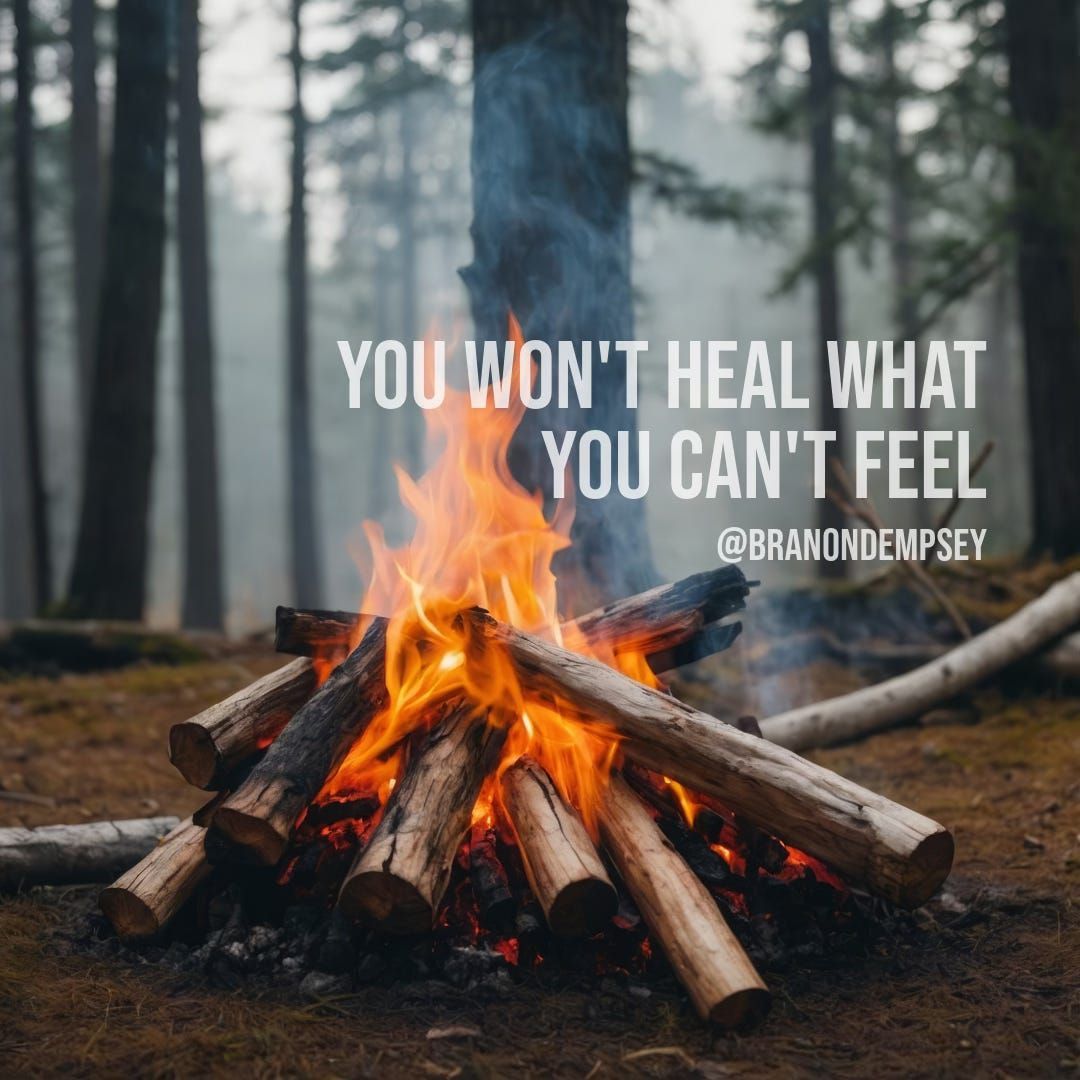Breaking the Silence: Reclaiming Your Voice From Trauma
Trauma runs deep.
It imprints your mind, impacts your body, and immobilizes your emotions. For many survivors, the pain lingers, whispering lies like “You’re unworthy” or “You’re broken.” But there’s hope.
Talking won’t erase the trauma, but it breaks its power. For much of my life, pain was my constant companion. From the age of six until seventeen, I endured the unspeakable trauma of sexual abuse. At the same time, I lived in a home marked by physical and verbal abuse from my parents, who were supposed to protect me. They exchanged safety and nurturing for fear and shame, with nowhere to turn.
My family’s dynamic only deepened the wounds. I grew up surrounded by narcissistic family members who denied my reality and weaponized my pain. They silenced me with blame, making me feel that speaking out was a betrayal. My hurt became their tool—a means to control me and invalidate my experiences.
Never Negotiate the False Narratives
The shame was suffocating. I learned early on to hide my pain, to bury it deep where no one could see, believing that silence was the only way to survive. But this silence didn’t protect me. Some say silence is golden, but it became my prison. The weight of carrying my trauma alone pushed me into isolation, self-doubt, and a distorted sense of worth. I began to believe the lies I was told—that my voice didn’t matter, that I was broken beyond repair and that I was somehow to blame.
Breaking free from the false narratives wasn’t easy. It took years of confronting the lies and facing my pain. Especially confronting my parents, who were climbing another mountain. I struggled to seek help from people who saw me for who I indeed was—not as someone defined by trauma, but as someone worthy of love and healing. Therapy, safe relationships, and my faith became lifelines. They reminded me that my story, no matter how painful, did not make me unworthy. Instead, it made me human.
Your Voice is Power
Today, I speak out because I know the power of breaking silence. Pain thrives in secrecy, but healing begins when we name our truth. Sharing my story has been among the most challenging yet freeing decisions ever. It’s not about seeking pity or reliving the past—it’s about reclaiming the voice stolen from me. It’s about helping others know they’re not alone.
If you’ve experienced abuse or trauma, know this: your pain is valid, and your story matters. You don’t have to carry it alone. Healing is messy and nonlinear, but it’s possible. Shame loses its death grip when we bring our pain into the light. And while the journey may feel overwhelming, you are worthy of the freedom and peace that comes with it.
I am still healing, still learning to trust, and still working to dismantle the lies I was taught. But here I am. I am no longer silent. To anyone who feels trapped in the shadows of their pain, your voice is powerful and can break the silence.
Here’s what I am practicing: the more I talk about my trauma, the less control it has over me.
Speaking about your pain helps you reclaim your story. Trauma thrives in silence, where shame hides. Talking shines a light on that shame. It enables you to process your pain and break free from the false beliefs it created.
Breaking Free from Shame: The Power of Healing Trauma
Shame and trauma often work together, creating an inescapable cycle. Shame tells you your story is too messy. It whispers, “If they knew the truth, they’d think less of you.” These lies don’t just hurt—they isolate and silence. You know healing begins when you face shame by talking about your trauma. I’m not gonna lie; this is a scary one.
Ignoring your story, however, gives shame power. It convinces you to stay quiet, telling you your pain is too much, your story too messy, or your wounds unworthy of attention. Silence doesn’t erase trauma. It strengthens it, keeping you stuck in fear and self-doubt. Healing starts with vulnerability. Each word is a step toward freedom. Speaking out declares, I am more than my pain.
Healing steps that have helped me:
• Healing is a process, and so is learning how to talk
• Trauma-informed therapy helps you process emotions
• Putting a label on your emotions gives you power over them
• Naming your shame unpacks the burden of guilt
• Treating yourself with kindness is a powerful antidote to shame
The Power of Shame
Shame has a way of silencing you. For so long, I believed the lie that what happened to me was my fault, that if I spoke up, I’d be judged, blamed, or dismissed. That shame became a prison, locking away my voice and convincing me that silence was safer than the truth.
But the lies—those used to cover up the abuse—became unbearable. They painted me as someone I wasn’t, twisting the narrative to protect the abuser while I bore the weight of the deception. I felt like I was drowning, not just from what had been done to me but from the constant pressure to pretend everything was fine. Breaking that cycle meant confronting both shame and lies. Speaking up was terrifying, and it took me years in my therapy to finally admit the truth.
Shame thrives in silence. It feeds on secrecy and grows stronger over time. Unlike guilt, which focuses on actions (“I did something wrong”), shame targets identity (“I am something wrong”). It convinces you that your worth is tied to your mistakes or pain.
For trauma survivors, this is incredibly damaging. Trauma already leaves you feeling powerless. Shame adds to this, telling you that you’re responsible for your pain or undeserving of healing. It creates a suffocating cycle: the more shame you feel, the less you speak. The less you speak, the stronger the shame becomes.
Breaking the Cycle
Talking about your trauma begins to break the cycle. Speaking out challenges the secrecy that shame depends on. Whether in therapy, with a friend, or through journaling, expressing your story creates space for healing.
When you tell your story, you reclaim it. You expose shame’s lies and replace them with truths: you are worthy, strong, and capable of healing. Talking won’t erase the trauma but robs it of its power.
Reclaiming Your Voice
Shame wants you to stay silent, but healing requires you to speak. You don’t need to tell everyone; find a safe person and safe spaces where you can begin. Each word you share breaks the mold of shame, one shard at a time.
You are not your trauma or shame. You are worthy of healing and worthy of being valued. The more you speak, the more you shatter the mold and reclaim your life.
Your story matters.
Subscribe for more
Copyright 2024 Branon Dempsey / Your Story Matters
All Rights Reserved. Admin by WTT Productions
Articles That Matter


